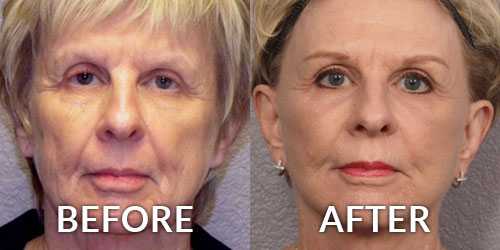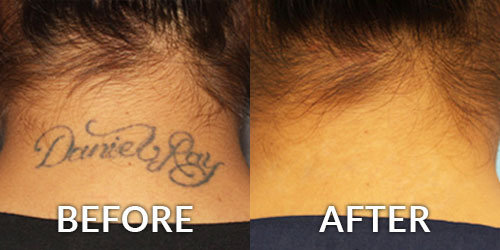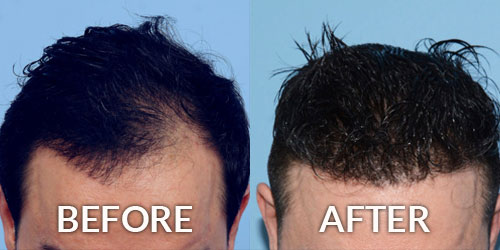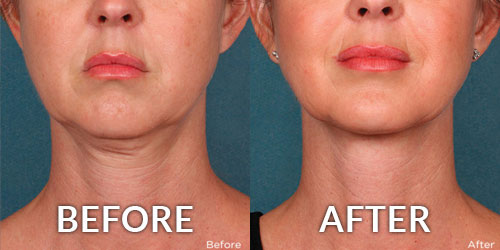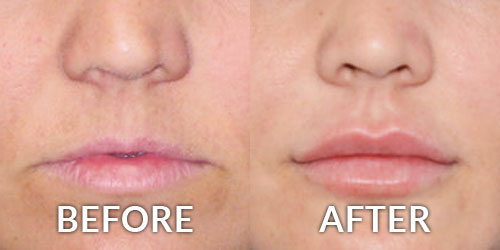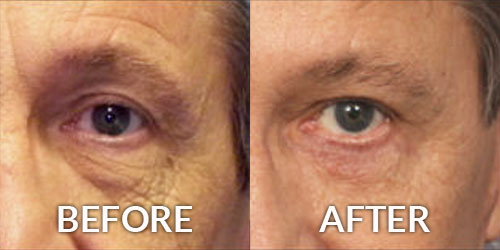Our bodies create sweat to cool itself. Sweating can be caused by exercise, emotional or physical stress, as well as nervousness. While sweating is normal, some people sweat excessively in the hands, feet, or underarms. This condition of excessive sweating is called hyperhidrosis.
Sufferers of excessive sweating often feel embarrassed and uncomfortable. They may have to refrain from wearing certain types of clothing. Others may wear additional clothing to cover up the signs of excessive sweating.
While hyperhidrosis cannot be controlled or treated with regular antiperspirants, those suffering from hyperhidrosis can often be treated with botulinum toxin type A — commonly known as Botox.
How Does Botox Work to Control Sweating?
In effect, injections of Botox will block the signals from the nerves to the sweat glands. Because the sweat glands will no longer be receiving chemical stimulation, the glands will cease sweat production.
The sweat is not backing up or going to other body areas, it simply is not being produced. Since sweat is the body’s natural cooling mechanism, it should be noted that other areas of the body will continue to sweat — just not the treated areas.
The Botox Procedure
Tiny amounts of Botox are injected just under the skin in the treatment area using a fine needle. The procedure will last between 10 to 15 minutes. Most patients do not require any anesthesia and will experience little to no downtime.
After the Botox Procedure
After about four weeks following the procedure, patients will see a significant reduction in sweat production. The treatments will last about six months, after which sweat will gradually reoccur. This is your body saying that it is time for another Botox treatment to help curb the excessive sweating.
Possible Side Effects
The possible side effects of this treatment include pain or discomfort at the injection site, vision problems, dry mouth, or headaches. Additional possible side effects include allergic reactions including dizziness, itching, or asthma symptoms. If you experience any of these side effects that do not quickly subside, contact your physician as soon as possible.


